In “The Vanishing Point,” Bani Khoshnoudi stirs a tide of anger and grief into motion. It’s at once an intimate saga as well as a national overhaul of Iran, foregrounding voices stifled, bodies negated in all their patchwork. Her mother’s cousin was disappeared by the regime in 1988 at the age of twenty-seven. There never came an official statement. It was as if her existence was wiped out of memory one day. “The Vanishing Point” brings the train of consigning her to oblivion to a juddering halt.
The director situates a weave of testimonies, building a portrait of public unrest. “The wall of fear has come down”, she reaches out across time and assures the disappeared relative. Many like her have been taken away; Khoshnoudi asserts that their severed lives and shattered futures aren’t in vain. The fury and profound agony, the charge of speaking out can no longer be kept to a leash, instead, repression bursts out and demands justice, accountability.
There shouldn’t be any more holding back, as those openly rousing on the streets call on others who baulk at being anything more than passive bystanders. To step back would be to incite the oppressors’ further arrogance. Confronting it is imperative; otherwise, structures of subjugation will persist in clamping down on citizens. In a theocracy, what room does democracy have? There’s none. Rebellion, in whichever measure, has to lash out and make itself be felt vividly and uncompromisingly.
It all seems airless and dire, but “The Vanishing Point” holds onto defiance, an assertion of one’s fundamental rights that are imperiled in the Islamic Republic. To call it a republic is nothing but a farce when it stands exposed as a dictatorship, the military deployed against its own people in the name of protection. What’s the way out of this morass? Registering protests can shine a light. It makes the act of resistance vital and empowering despite every bigger power in stark opposition. It’s a fight to save one’s soul, the body from bending to the brute force lack of agency. Every pushback counts and affirms a rejection of enforced powerlessness. Moreover, there’s such a psychosis of fear gripping the country, Khoshnoudi notes. The difference between how you are at home and outside on the streets is scathing, shaded by a huge veil of hiding.
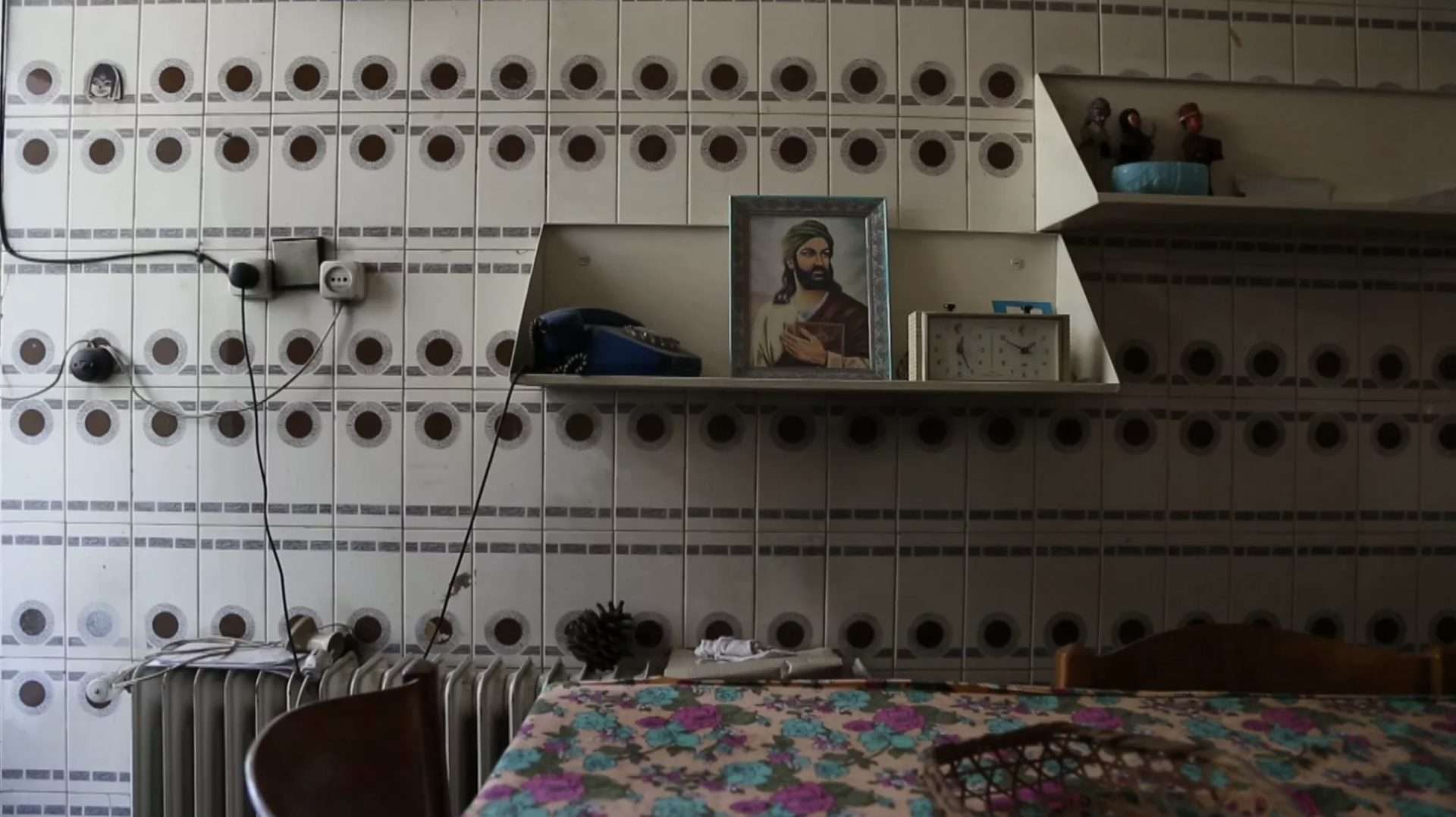
Khoshnoudi left Iran with her family in 2009. She didn’t think returning home would be this mired in complication and impossibility. “The Vanishing Point” is wrangling with the things the powers that be prefer left forgotten and unaddressed. All her family was given from their missing relative was a bunch of few objects. With these remains came the forced vow of maintaining absolute silence over what had been done to them. Khoshnoudi talks of the ugly but necessary gaining of awareness of her country’s many horrors. A new gaze at a mountain cannot overlook how it overlooks a prison where people are tortured and killed to this day.
A bereaved mother’s visceral cries, demanding justice for her slain son, will haunt you long after the film wraps. Its simple insistence cuts through the fog of apathy and tired old oppressions, calling for an immediate recognition of the deep-set wounds in a national polity that have to be mended. At least steps to heal them must be expedited instead of utter silence.
“The Vanishing Point” intersperses footage scrabbled from years of protest, ranging from the heat of the agitation in 2009 to the late 2010s. It’s all laid out for you to take in and seethe at the countless arrests, scruple-free clampdown on dissenting citizens in clear, public view. This is a film that slices through the burden of the silently endured. How long can you stomach the daily violence without rallying forth? There’s a surging finality to the maelstrom of public resentment “The Vanishing Point” assembles.



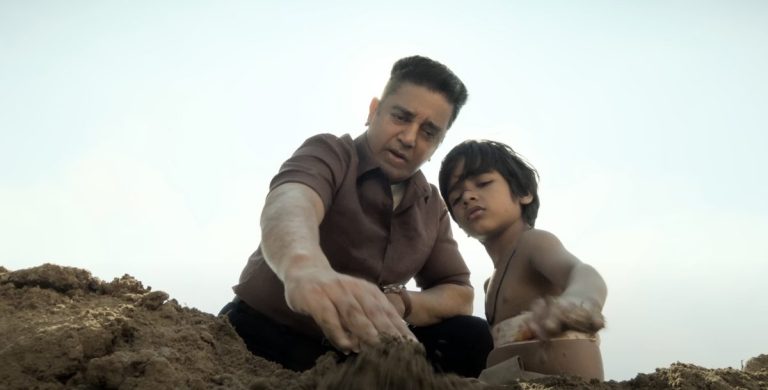
![Girlfriend [2019] Review: The Unseen Zeitgeist of the Contemporary Romance](https://79468c92.delivery.rocketcdn.me/wp-content/uploads/2019/07/Girlfriend-highonfilms-marathi2-768x322.jpg)
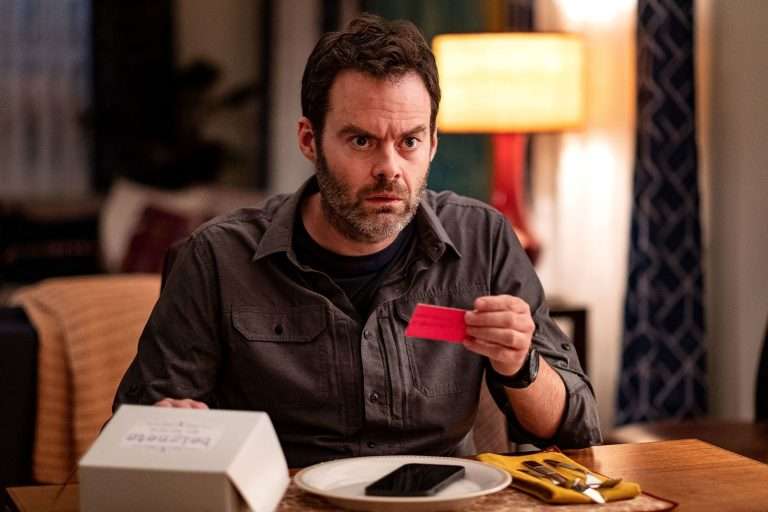
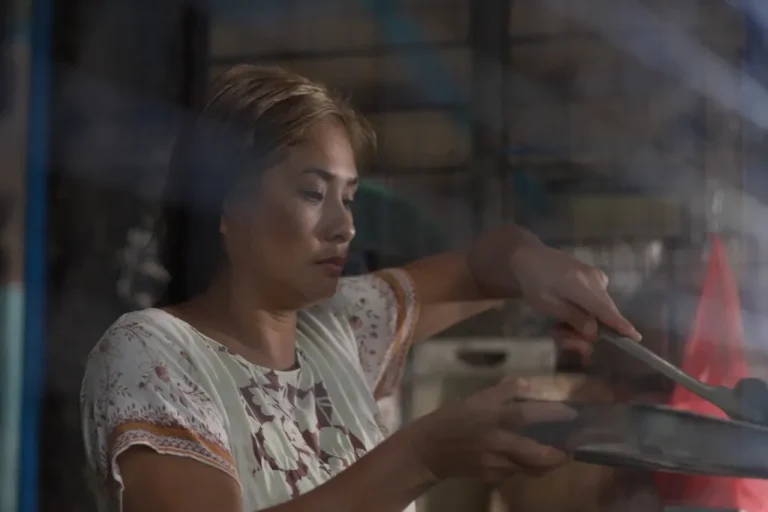
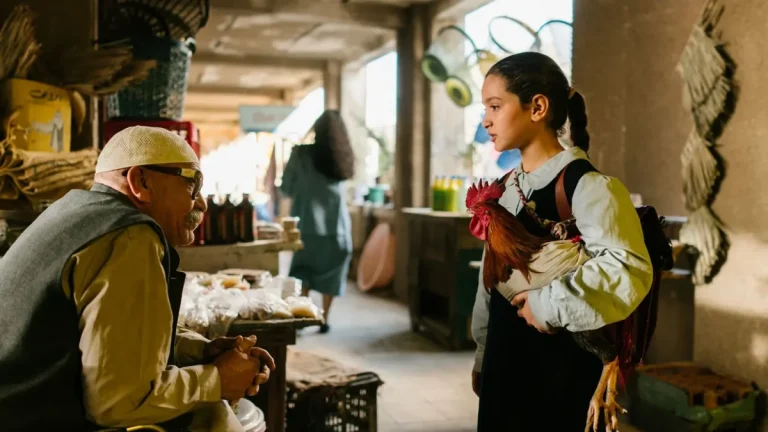
![Fury [2014] Review – A Brutal Tank Drama with Battle-Scarred Soldiers](https://79468c92.delivery.rocketcdn.me/wp-content/uploads/2015/11/fury-movie-wide.jpg)